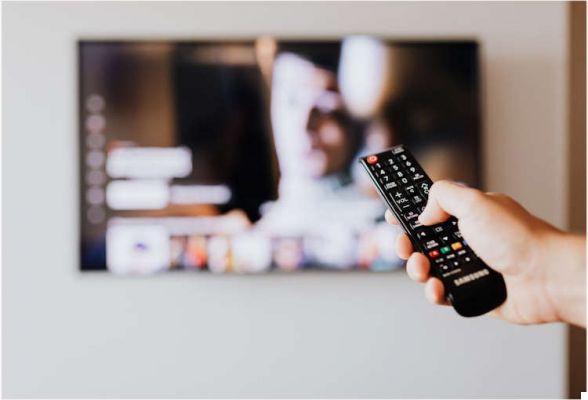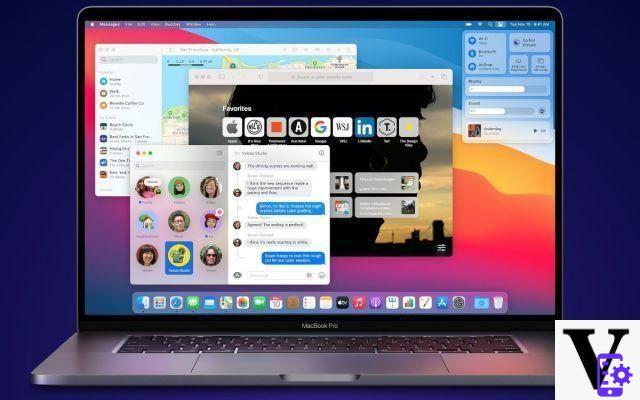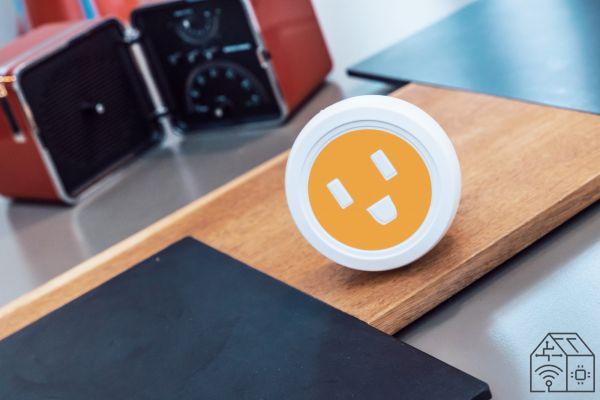
With the change of season, the change in consumption: if during the winter the water heater and oven are at the top of the "black list" of energy-intensive appliances, in the summer the refrigerator and air conditioner work more - due to the high temperatures of the surrounding rooms.
Summer, how much does it cost us
Il refrigeratorfor example, during the year it is responsible for about 20-25% of the total electricity expenditure, but between June and September its consumption even increased by 40-50%, because it works on the difference in the internal temperature of the fridge and that of the house which in the summer months is several degrees higher than in winter. To keep food fresh, despite the hot days, a refrigerator consumes on average about 105 kWh more, for an additional 23 euros in the three summer months.
even the conditioner raises bills, with an average increase of 10% on the total consumption of the house, considering the ignition for about 50 minutes a day equal to 712 Wh which is equivalent to about 5 euros per month. In excess of use, in which the air conditioners remain on for 7 hours in a day, the consumption is about 7kWh, that is, as much as a whole day for an average Italian family (annual consumption of about 2700 kWh).
This is what it reveals Midori, An innovative SME based in the Energy Center of the Polytechnic of Turin, which analyzed the data collected thanks to Ned, the Made in Italy smart meter which, by easily connecting to the electrical panel of the house, allows you to monitor the consumption of the main appliances. It is possible, however, with some small tricks recommended by Midori, contain the consumption of household appliances, optimizing its use and avoiding waste useless that damage the environment and cause the bill to soar.
1 - Opt for appliances of a class not lower than A
Choosing the right appliance is a priority and decisive: the new generation ones with energy class A, A +, A ++ and A +++ are preferred, which allow you to consume less energy and save on your bills.
Un A +++ refrigerator, for example, it consumes on average 60% less than a class A device, for a savings of around 40 euros per year.
for washing machine on the other hand, every jump from a class to a higher one (eg from A to A +) corresponds to one reduction in consumption of about 12% per year while for the about 11% dishwasher (1).
2 - Do not set temperatures too low
Excessive heat often leads, erroneously, to setting the air conditioner and refrigerator to very low temperatures. This habit, however, leads to an exponential increase in energy consumption.
In the case of refrigerator, the recommended temperature is between 1 ° and 4 ° C: for each degree below these temperatures the consumption leaves 5%.
For the conditioner instead, the thermal difference between the inside and the outside of the house should not exceed 7 - 8 degrees. In summer, it is therefore sensible to set the air conditioner temperature between 20 and 25 ° C, so as to cool without damaging health, the environment and wallets. Raising the set temperature by just 1 ° C allows a saving of 7%.
3 - Carry out maintenance on the systems
A malfunctioning appliance consumes more and can even be dangerous: it is therefore important to carry out annual maintenance on the appliances. The air conditioner, for example, needs a frequent revision of the filter, which if too dirty or worn leads the system to consume a greater amount of energy. It is also important to periodically defrost the refrigerator, because a thickness of only 5 mm of ice leads to consume 20% more electricity.
4 - Use programming and smart plug
Home automation and programming are two valid allies in reducing household consumption. Thanks to the remote control and timers, the cooling systems will automatically switch off during the night, allowing for significant energy savings.
5 - Equip yourself with a smart meter
A smart meter is a device capable of detecting the consumption of your home. Among those available on the market, NED, created by Midori, is the only one able to connect simultaneously with all the devices in the home. Today, in fact, the energy monitoring market offers only solutions consisting of measuring instruments (Smart Plug) to be connected to each household appliance; this means high costs for the user and the impossibility of installing the plugs near built-in appliances or on the wall. Ned instead connectseasily to the electrical panel of the house and through one smartphone app, available on the App Store and Google Play, allows you to access a whole range of services, to discover the real use of energy and learn how to save on the bill up to 20% per year, helping, a little at a time, also to reduce the environmental impact caused by our energy consumption.
6 - Arrange the appliances correctly
To prevent the fans of devices such as PCs and televisions from working excessively, it is better not to place them in too small spaces, but to let them "breathe".
7 - Washing machine and dishwasher: prefer cold and "eco" cycles
In summer it is also important to pay attention to water consumption: for this reason, NED recommends starting washing machines and dishwashers when they are fully loaded. Excluding the pre-wash in the washing machine and the drying in the dishwasher, you also save up to 15% energy, while another 30% savings come from regular filter cleaning and the use of descalers.
[





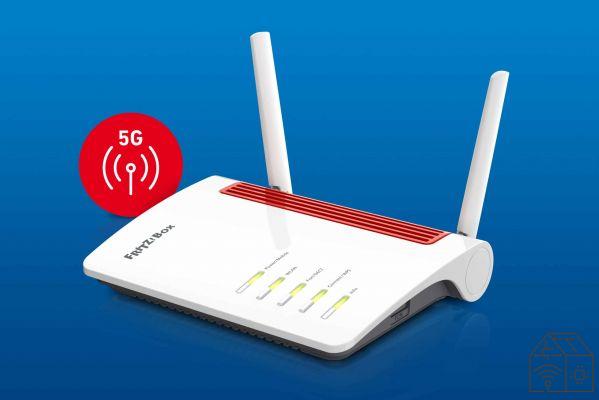

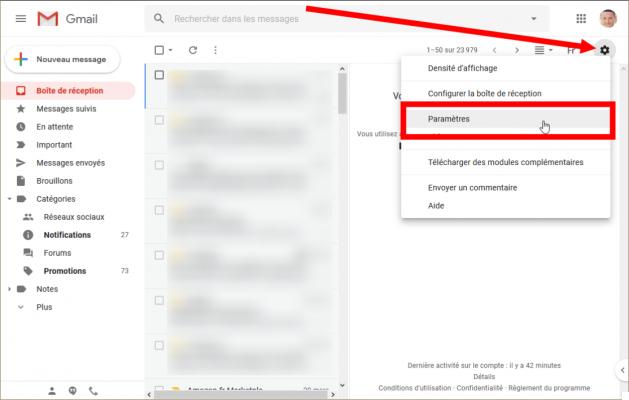


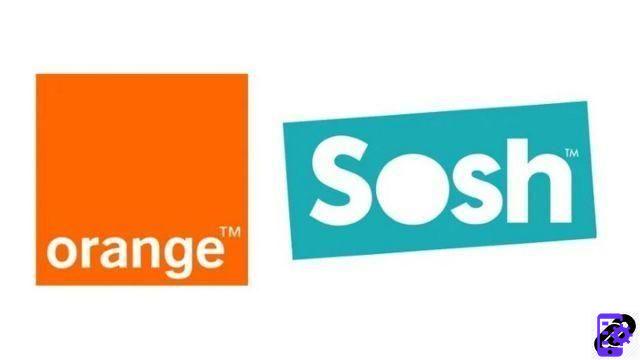

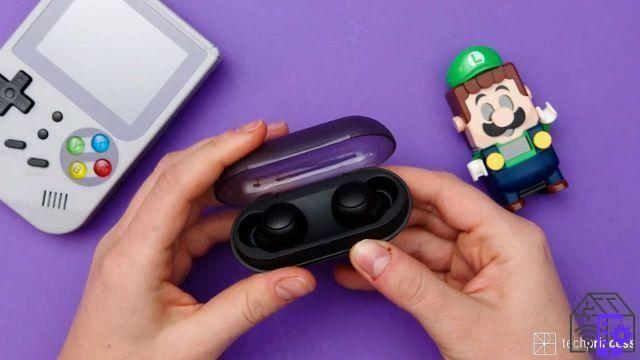
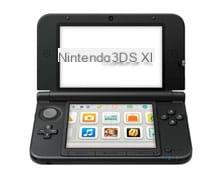


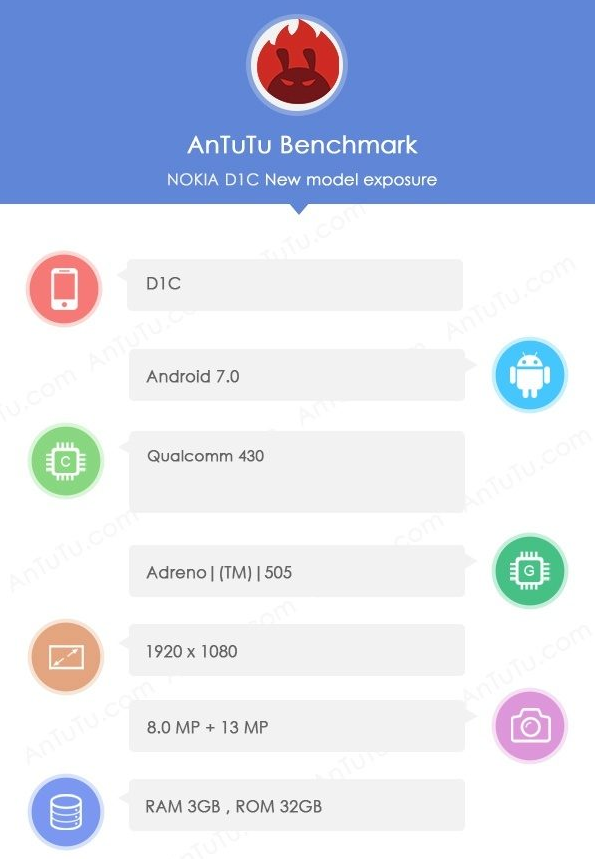


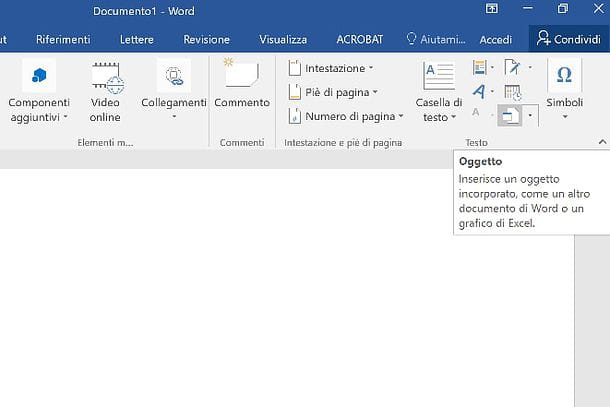
![[Review] Samsung Powerbot VR7000: the robot vacuum cleaner from Star Wars](/images/posts/6bc44de38605b5c0fa12661febb1f8af-0.jpg)

